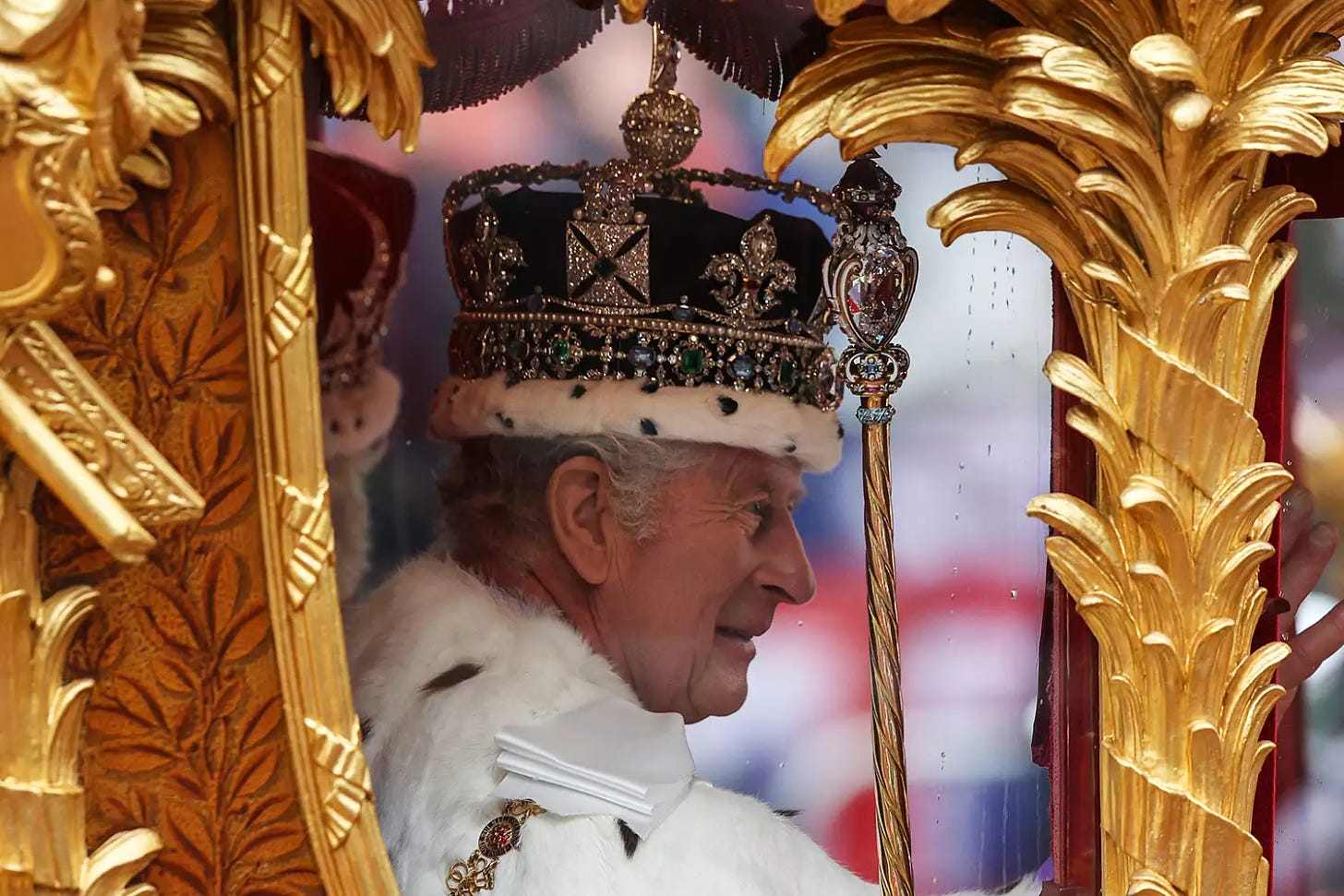
Welcome to your weekly edition of the Top 5 articles we’ve read this week. Each week, we read dozens of articles in the hope we find essays and reporting that speak to big ideas, trends, future looks, and incredible human stories. We hope you enjoy our list, and do always let us know if you have a suggestion or a recommendation! Please also consider becoming a paid subscriber if this is one of those newsletters you open up all the time or look forward to each week.
Also, if you haven’t already done so, please pre-order Michael’s book, “The Spirit of Our Politics: Spiritual Formation and the Renovation of Public Life.” Pre-orders are so helpful!
The Top 5 articles for your week:
- )
Because Sam Kimbriel writes on risk-taking and ambition in our current era.
Twitter is full of articles with apparently big concepts—fights over the use of the word fascism, or the future of democracy—but it feels small in a different way. Sure, an article or an event may set off a series of arguments and counterarguments which get published that week, but reading these pieces is nothing like the experience of encountering the writing I have been citing above. In the case of the older works, one is always startled. One is thrown into a way of being in or seeing the world that feels completely confusing, alien. These works violate boundaries—mixing up fields we prefer to keep separate.
“A Country Governed by Fear” (The Atlantic)
Because Liz Bruenig is becoming an essential writer on violence in America. This latest essay discusses the killing of Jordan Neely this week on a NYC subway train.
“Surgeon General: We Have Become a Lonely Nation. It’s Time to Fix That.” (NYT)
Because the Surgeon General launched a new initiative this past week:
…I will be proposing a national framework to rebuild social connection and community in America. Loneliness is more than just a bad feeling. When people are socially disconnected, their risk of anxiety and depression increases. So does their risk of heart disease (29 percent), dementia (50 percent), and stroke (32 percent). The increased risk of premature death associated with social disconnection is comparable to smoking daily — and may be even greater than the risk associated with obesity. Loneliness and isolation hurt whole communities.
“My Descent into TikTok News Hell” (Politico Magazine)
Because journalist Derek Robertson downloaded TikTok for the first time to explore its news function:
The social media era has introduced an arsenal of psychological phenomena and classifications to our political discourse, meant to help us understand better how the algorithms play us. We seek out news according to our confirmation bias, or thirst to satisfy pre-existing beliefs. We accuse our opponents of suffering from the Dunning-Kruger effect, overestimating their expertise while ensconced in an impenetrable digital carapace of ignorance. Our negativity bias makes every individual news beat an opportunity to catastrophize about climate change, or the erosion of democracy or ‘wokeness,’ or whatever. TikTok, almost invisibly, subsumes this all into its recommendation engine. You don’t have to think about what you’re thinking about, or how you’re thinking about it — just surrender to the feed, and unconsciously teach the app how to make you like it. With its skillful flattery, TikTok is like every other social media platform, only ... better.
“Why Are TV Writers So Miserable?” (New Yorker)
Because this is an excellent explainer essay on the current writer strike in Hollywood.
For people outside the industry, the woes of TV writers can elicit a boo-hoo response: it is, after all, a more lucrative form of writing than most, right? But the economics of streaming have chipped away at what was previously a route to a middle-class life, as the cost of living in Los Angeles has crept upward. ‘It feels like the studios have gone through our contracts and figured out how to Frankenstein every loophole into every deal, which means that, at the very best, you can keep your head above water,’ Jacqmin said.



